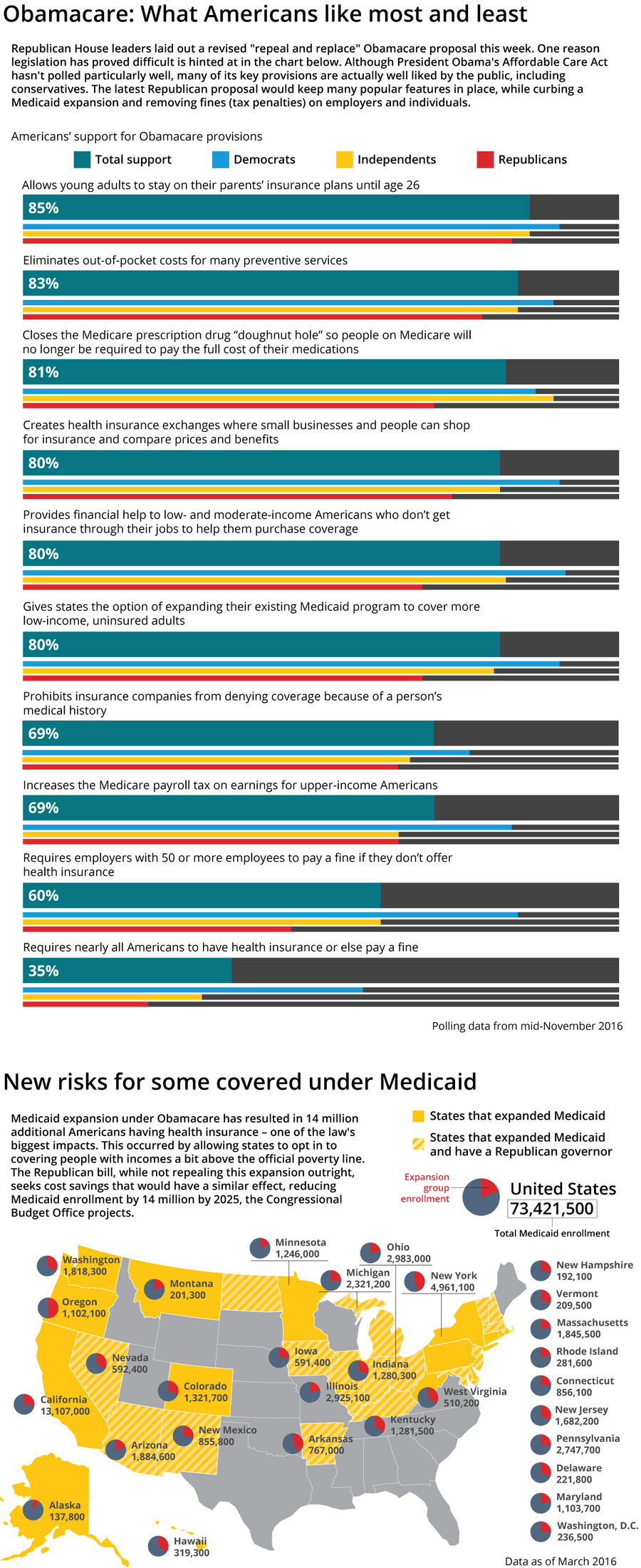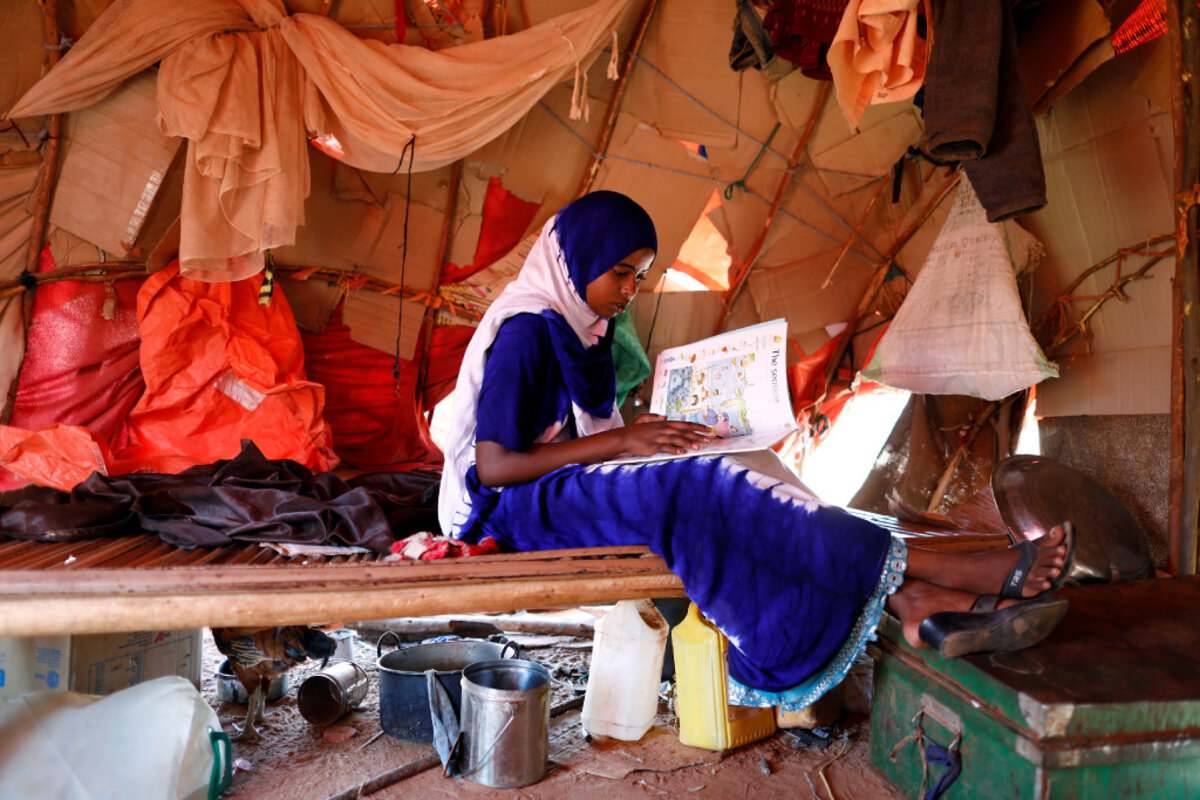Forgive yourself for being baffled by the country so famously opaque that it’s called the Hermit Kingdom. North Korea��is infused with an ideology of extreme self-reliance and an almost religious devotion to the survival of the ruling Kim family. That has made pressing for change extraordinarily difficult for successive US administrations. A good starting point: understanding the country’s real motivations.��

Why is ���Ǵ��� Science in our name?
Our name is about honesty. The Monitor is owned by The First Church of Christ, Scientist, and we’ve always been transparent about that.
The church publishes the Monitor because it sees good journalism as vital to progress in the world. Since 1908, we’ve aimed “to injure no man, but to bless all mankind,” as our founder, Mary Baker Eddy, put it.
Here, you’ll find award-winning journalism not driven by commercial influences – a news organization that takes seriously its mission to uplift the world by seeking solutions and finding reasons for credible hope.
Explore values journalism About usAlready a subscriber? Log in
Already have a subscription? Activate it
Ready for constructive world news?
Join the Monitor community.
Subscribe Clayton Collins
Clayton Collins
All week, followers of world news have heard cries for their attention from Caracas to Paris, Damascus to Pyongyang, and from Little Rock to “an island in the Pacific.”
News cycles that are dominated by humanity’s buzzing hives can make big, borderless concerns feel a little removed. But a less-noticed story from Canada’s Yukon Territory is worth calling out tonight, too, on the eve of the 47th Earth Day.
Last year, scientists noted that the Slims River, a lake-feeder, had all but run dry because its own source, the Kaskawulsh Glacier, had receded. A couple of days ago, the Monitor’s Wes Williams reported, researchers announced that the glacier had finally shrunk to the point where it has stopped feeding the Slims altogether, its water trickling elsewhere. It was the first modern-day occurrence of a phenomenon called “river piracy.” And it should be a reminder to zoom out and cast an eye, now and then, on our communal home.��
Already a subscriber? Log in
Help fund Monitor journalism for $11/ month
Monitor journalism changes lives because we open that too-small box that most people think they live in. We believe news can and should expand a sense of identity and possibility beyond narrow conventional expectations.
Our work isn't possible without your support.
Today’s stories
And why we wrote them
( 5 min. read )
( 9 min. read )
It ought to be clear by now that are are no “sure things” in elections, at least not in truly free and fair ones. That appears to be the case whether or not big chunks of electorates go all-in for hard-line candidates (and France has some of those). Here’s a look at why the gap is really closing in the final days of the French presidential election.
( 6 min. read )
A deep and earnest interest in cracking a problem like climate change can turn into something like advocacy. With some scientists headed to a March for Science tomorrow (and others self-sidelined), we asked our environment team to explore whether activism and science can coexist.
( 6 min. read )
One question after the high-profile harassment saga at Fox News: How has business culture still not moved past the kind of front-office reactions to crises that seem mostly aimed at appearances? But we’re now seeing a different story of evolution: Both media habits and the nature of American conservatism have shifted since the rise of Bill O’Reilly.��
And now, a Republican run at health care
“Repeal and replace” was, of course, the Republican battle cry regarding the Affordable Care Act, or Obamacare. Congress gets back to work on Monday, and between then and April 29, President Trump’s 100th day, many hope to see fast action around the “replace” part that has so far proved elusive. (That’s barring a government shutdown.) Below, we’ve charted some of Americans’ most-favored Obamacare features – and highlighted a partisan point of tension, on Medicaid.��
The Monitor's View
( 2 min. read )
��
If you follow natural disasters in the news, such as giant earthquakes or massive storms, the current drought in Somalia fits the script. Nearly half of the country’s 10 million people are in dire need. Images of extreme hunger have hit the media. The United Nations has asked for $825 million in donations.
As in many disasters, only about half the money may be given – perhaps too late – and likely distributed by aid groups that compete with each other or overlap in their mission. In a few years, this cycle of tragedy and begging might then be repeated.
Does it always need to be this way? Or, as two aid experts ask in a new book: “Do extreme events have to turn into disasters with huge losses of life and suffering? Should responses be full of public emotion, painful media images, and political blame games....”
The book, “Dull Disasters? How Planning Ahead Will Make a Difference,” is by Stefan Dercon, chief economist of the United Kingdom’s Department for International Development, and Daniel Clarke from the World Bank. They make a case for changing this dynamic by providing incentives for countries to reduce the risk from disasters through insurance on a regionwide scale.
Many wealthy countries already do something like this. They arrange insurance for farmers in drought zones, for example, or for homeowners who live in flood plains. Yet only in the past decade has the idea of large-scale disaster insurance caught on in the poorest countries.
A few years ago, another African country, Senegal, suffered a similar drought as the current one in Somalia. Yet it had paid into an initiative called the African Risk Capacity (ARC), a mutual insurance plan set up in 2014 that includes eight of the continent’s countries. As the drought hit, Senegal quickly received a payout and rushed food to 750,000 people. The world did not see pictures of starving children. Nor was there a massive campaign to ask for donations.
In 2015, the ARC paid $26 million to three African countries hit by drought. Last year, it gave $8 million to Malawi. And from that success it hopes to have at least 30 countries paying premiums for disaster insurance by 2020. Two other regions of the world – the Pacific and the Caribbean/Central America – have similar schemes. In 2016, for example, Haiti received almost $20 million after hurricane Matthew.
These insurance facilities do not eliminate the need for aid donations. In fact, the ARC was set up with money from Germany and Britain. And countries with fragile governments may not be capable of running such a program. In addition, private insurance companies are still struggling to anticipate and measure natural hazards.
Yet the idea is steadily changing reactions to disasters, even making them “dull.” As the book’s authors write: “We want to make the responses to these events less emotional, less political, less headline-grabbing, and more something that could become ‘business as usual.’ ”
A ���Ǵ��� Science Perspective
Each weekday, the Monitor includes one clearly labeled religious article offering spiritual insight on contemporary issues, including the news. The publication – in its various forms – is produced for anyone who cares about the progress of the human endeavor around the world and seeks news reported with compassion, intelligence, and an essentially constructive lens. For many, that caring has religious roots. For many, it does not. The Monitor has always embraced both audiences. The Monitor is owned by a church – The First Church of Christ, Scientist, in Boston – whose founder was concerned with both the state of the world and the quality of available news.
( 3 min. read )
When matter and destructibility are considered unavoidable elements of life, we are left with few, if any, possibilities to change course. But the Apostle Paul offered an example of our ability to be changed by God in his transformation from a perpetrator of religious-based terror to a healer and teacher devoted to eliminating human suffering. He was reformed by an encounter with the Christ, the true idea of God and man as Spirit and its idea presented in Christ Jesus’ life and teachings.��We can help reverse corruption and destruction by knowing the redeemable nature of humanity by this Christ from whatever impedes progress.
A message of love

A look ahead
Thanks for reading today. We’re moving closer now to doing this every weekday – blowing the froth off the news to get at some nuance and shake out some underlying – or unasked – questions. Next week we’ll surface an overlooked story: Amid drought and famine, Somali emigrants have become the biggest providers of aid to that country. Until then.��








